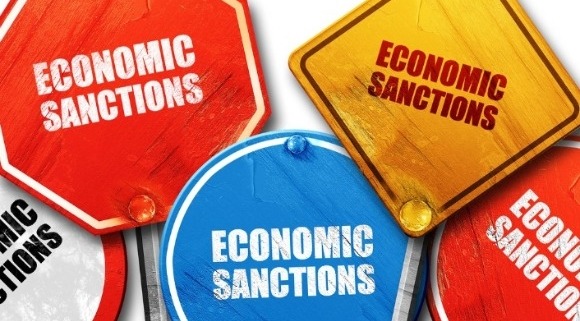Dr Reza Seraj, in an interview with the website of the Strategic Council on Foreign Relations, referring to the continuation of sanctions against Iran and certain other countries by the United States, despite international criticisms and demands in the context of the corona global epidemic, said: The issue of requesting the United States to lift the sanctions, although apparently is in the interests of the sanctioned countries, but in fact, it is designed in view of the electoral space inside the United States and it has political consumption for Trump’s Democratic rivals.
Humanitarian Outlook Has No Place in Foreign Policy Doctrine of Hegemonic System
He added: “Since it is clear that the United States is not willing to lift the sanctions under any circumstances and that the issue of humanitarian outlooks does not have a place in the foreign policy doctrine of hegemonic system, making this request is a kind of ‘vain plea’ and a sign of weakness in the face of the enemy.”
The professor of international relations said that one of the positive components of our country’s economic and social resilience during the corona crisis and its aftermath has been the bitter experience of imposing the same brutal sanctions. “Pursuing and advancing the strategy of economic prosperity and production leaps should not wait for the results of international pressures against the United States to lift the sanctions.
He stressed: “Of course, the current situation and the relatively favourable condition that some countries such as China and Russia have compared to Europe and the United States, is a good opportunity to revive and promote the club to increase unity and create a united front against US economic onslaught that should be used.
Commenting on the possibility of a new strategy by post-corona sanctioned countries, the university professor said: “China has now passed the main and serious stage of the coronavirus outbreak and has to some extent been able to overcome some of its economic and social challenges. On the other hand, it has good experience in controlling this crisis, which gives Beijing an important comparative advantage. Russia also has a relatively favourable position that could be effective in this regard.
Corona Crisis; Positive Factor in Shaping Club of Sanctioned
Referring to the implications of coronavirus epidemic on the international economy, Seraj continued: “The corona crisis is pushing the world economy towards the endogeneity of countries and the nationalist approach, which could be a positive factor in shaping such a club.” It is expected that if Donald Trump is reelected this list will grow significantly and more countries will join the club.
He said: “Under these circumstances reflecting on the strategies and individual experiences of each country in the face of sanctions, will provide a long list of comprehensive and multilateral measures to neutralize sanctions and shape the club to deal with sanctions.”
Practical Action for Collective Confrontation with US Sanctions
Giving examples of these measures, Seraj mentioned the following: Signing bilateral and multilateral monetary agreements between member states to exclude the US dollar from foreign exchange transactions, imposing collective countermeasures, establishing independent financial transfer mechanisms other than SWIFT, creating a common market within supply and demand management system and requests by countries for goods and services, providing mechanisms to neutralize sanctions for each other, and creating international institutions that oppose sanctions.










0 Comments